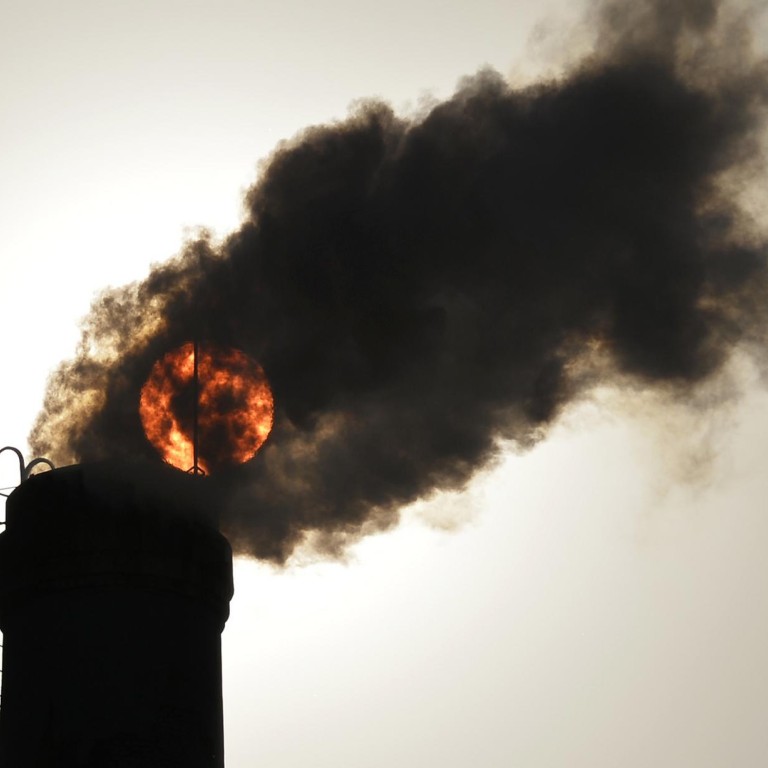
New | Delays mount for new green levies
A system that puts responsibility for collecting polluter fees with taxation bureaus could be at least a year away, experts say
Heavier taxes to punish polluters could take at least year to introduce as government departments argue over the details and the scheme is discussed in the legislature, experts say.
A plan was submitted to the State Council in October, said Su Ming, a senior official at the Ministry of Finance. But government agencies and industrial associations are still negotiating aspects of the draft laws, and experts say many areas have yet to be agreed upon, including how high to make the levies.
Su said the taxes could be in place as early as next year, although the legislation must first go through the National People's Congress. But delays are likely to weigh heavily on the minds of central government leaders, given the public's expectation for quick action. The mainland's air pollution made headlines around the world this month, as dense smog blanketed much of the east and north, forcing some schools to shut, flights to be cancelled and traffic to drop to a crawl as commuters struggled with the reduced visibility.
Details are still being hammered out, but experts who contributed to the plan said the taxes would replace existing pollution levies, and would be charged at a higher rate. The levies would initially apply to companies responsible for water and air pollution, including sulphur dioxide and nitrogen oxides produced from burning coal.
Taxation bureaus would collect the charges after environmental protection departments verify how much pollution businesses were producing, the experts said.
One area still being debated is whether to include carbon emissions in the system, or have them fall under a separate levy. The answer will decide which government agency, the Ministry of Environmental Protection or the National Development and Reform Commission, would oversee the issue.
The mainland is trying to tackle carbon emissions also through a pilot scheme for carbon-trading markets, which will eventually regulate about 700 to 800 million tonnes of carbon dioxide annually, roughly equal to the emissions of Germany, and will cover areas accounting for nearly a third of the national gross domestic product. The government hopes to create a national trading scheme within a decade.
Another possible source of delay to the green tax could come from local environmental protection bureaus, which fear their revenue would be cut when existing fees are scrapped. The bureaus currently charge companies for the pollution they produce, but the fees are relatively low, making it cheaper to continue with dirty production and pay the fines than clean up.
Local governments sometimes reduce or even waive pollution charges to encourage companies to build factories and invest in their areas, critics of the system have said.
Enforcing payment has also been lax in some districts. A pilot environmental taxation scheme in Huangshi , in Hubei province, has seen much more in fees collected than in other areas as the authorities there strictly impose the levies, said an official at the provincial taxation bureau, who asked not to be named.
One official said the new plan might gain momentum after the Communist Party Central Committee's call last month for a more sustainable growth model.
"The green taxation programme is in line with the central government's call for transforming the economy to a more sustainable model and it was included in the official document released after the third plenum," said Dr Jiang Kejun, director of the Energy Research Institute at the National Development and Reform Commission.
But Ge Chazhong, a researcher with the Chinese Academy for Environmental Planning who helped draft the taxation plan, was less confident of any swift progress in introducing the reforms. No real progress had been made in recent months and the plan had been under review by the State Council for some time, Ge said.

